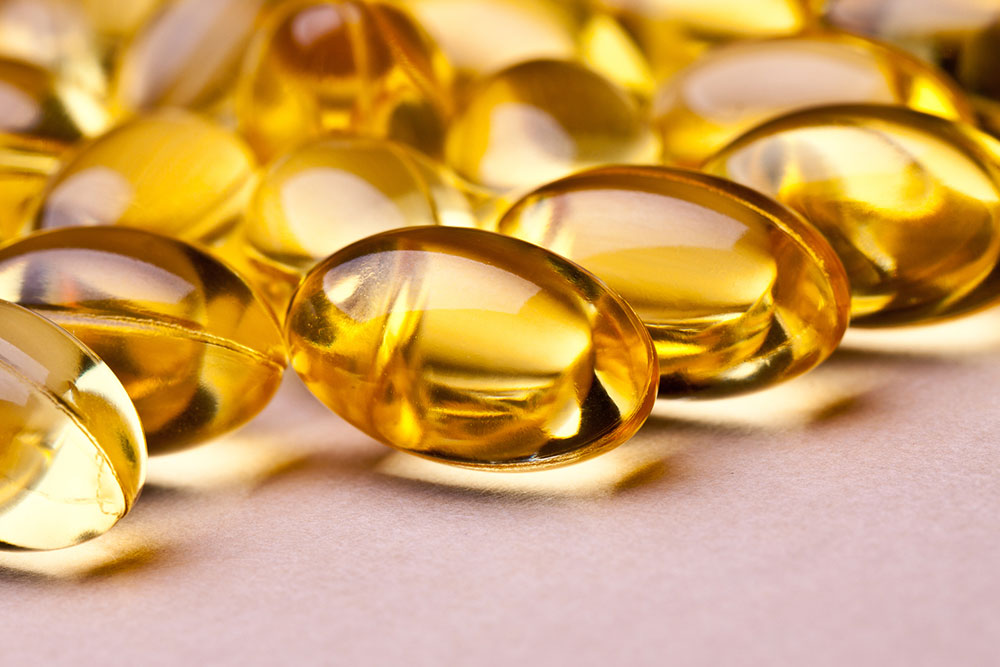
Vitamin B12 – Health benefits and best sources
In the vast landscape of essential vitamins, vitamin B12 is a true powerhouse. From promoting red blood cell (RBC) formation to supporting neurological function, vitamin B12 plays a pivotal role in our overall well-being. Despite its relatively small daily requirement, this nutrient plays a crucial role in boosting the body’s overall vitality. Here is the significance of vitamin B12 and the diverse food options that can help one meet their nutritional requirements.
Benefits of vitamin B12
Here are some of the incredible benefits that the nutrient offers:
- Supports RBC formation : Vitamin B12 supports the formation of healthy RBCs and prevents anemia, thereby maintaining optimal oxygen transport and overall vitality.
- Maintains energy levels : The nutrient helps in maintaining one’s energy levels, and therefore, its deficiency may lead to fatigue.
- Boosts cognitive function and immunity : Studies have suggested a link between vitamin B12 deficiency and cognitive decline, including memory problems and difficulty in concentration. By maintaining adequate levels of vitamin B12, one can support brain health and potentially reduce the risk of age-related cognitive decline. It also promotes mental clarity and a healthy immune system.
- Improves cardiovascular health : Vitamin B12 helps promote one’s cardiovascular health and reduces the risk of heart disease and stroke.
7 best sources of vitamin B12
Seafood
Fish and shellfish are abundant in vitamin B12, and varieties like salmon, trout, tuna, and clams particularly offer significant amounts of this nutrient. Saltwater fish like sardines are also a good source of B12 as well as omega-3 fatty acids and one can have these in oil form or through sauces. Moreover, clams are shellfish that offer iron, protein, and antioxidants along with a generous amount of vitamin B12.
Plant-based milk alternatives
Fortified foods can be an excellent option for individuals who avoid animal products. Fortified soy, almond, oat, and rice milk can provide a significant amount of vitamin B12. However, one is advised to check the labels to ensure adequate fortification.
Lean meat
Most sources of vitamin B12 are animal products. That said, choosing lean meat such as seafood, lamb, and chicken, not only helps decrease one’s risk of vitamin B12 deficiency but also provides one with protein, omega-3 fatty acids, niacin, zinc, and iron. Moreover, these foods do not increase cardiovascular risk factors and keep one’s energy levels high.
Eggs
Eggs, either boiled or scrambled, are a powerhouse of B12, especially the yolk. Apart from this, one can also get a generous amount of protein, B vitamins, and other important nutrients from these superfoods.
Dairy products
Milk, yogurt, cheese, and other dairy products carry a multitude of nutrients, including vitamins B12, D, and A, calcium, proteins, zinc, and potassium. However, one should opt for unsweetened or non-flavored dairy products to avoid consuming excess added sugars or artificial flavors.
Fortified cereals
Fortified cereals are enriched with additional vitamins, minerals, and other nutrients, including vitamin B12. This food option can be a convenient choice for vegan individuals looking to enhance their nutrient intake. One should look for cereals with minimal added sugars for a healthier choice.
Vegetables
Spinach, mushroom, beetroot, and potato are some of the common vegetables that are a rich source of vitamin B12. Nonetheless, relying solely on vegetable sources makes it unlikely to obtain the complete spectrum of nutrients.
Every individual’s nutrient requirement varies, and a combination of different foods and supplements can help bring more balance to one’s health. Thus, it is important to consult a healthcare practitioner to identify any potential vitamin B12 deficiencies and receive a suitable treatment tailored to one’s specific needs.




